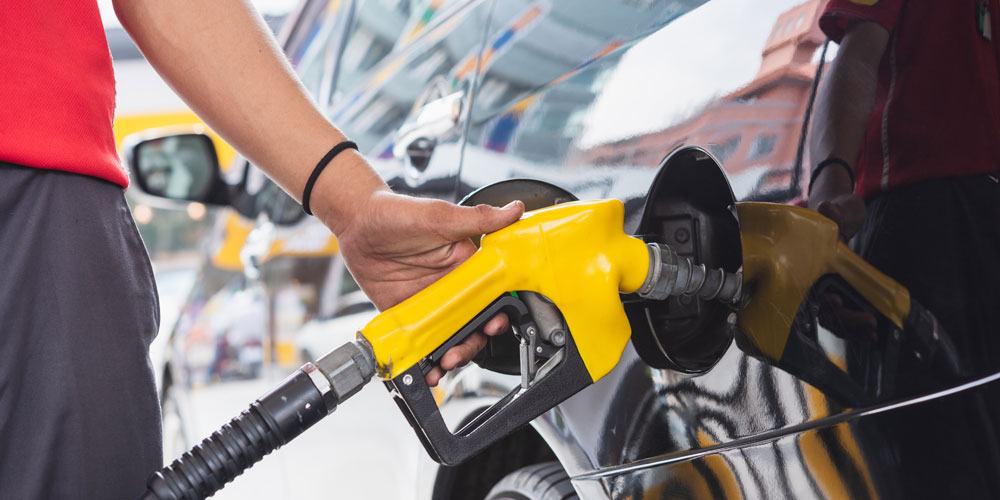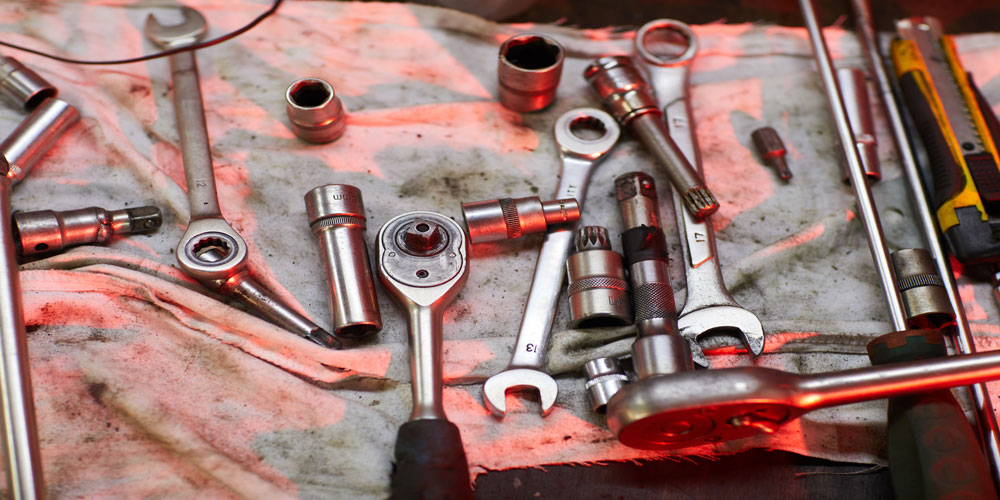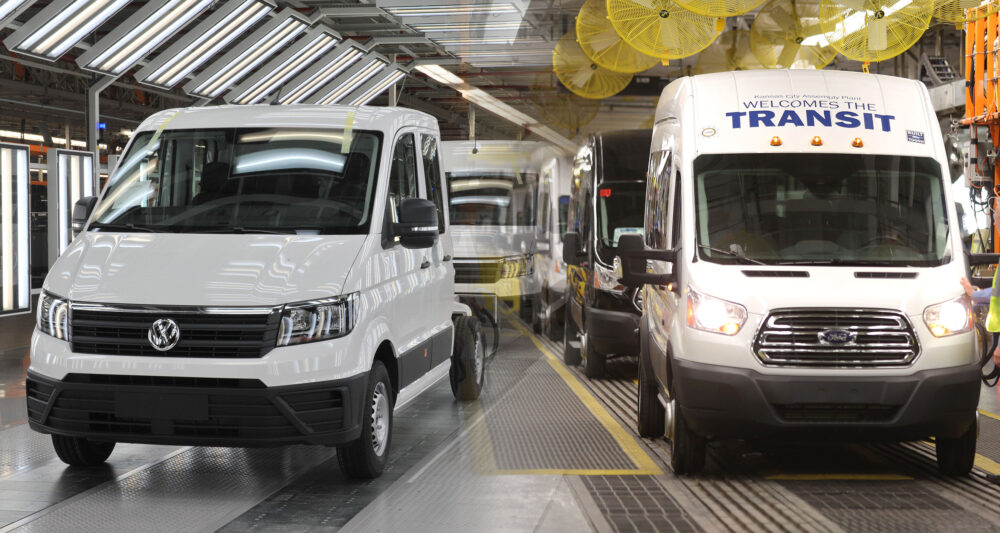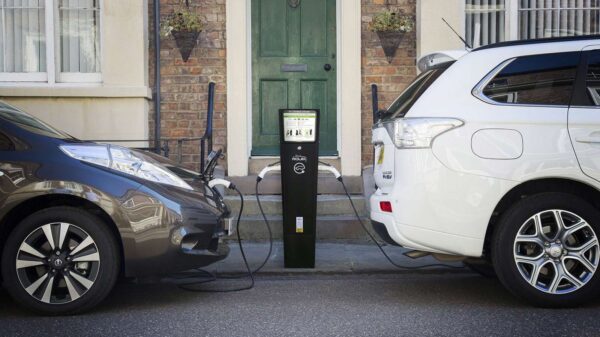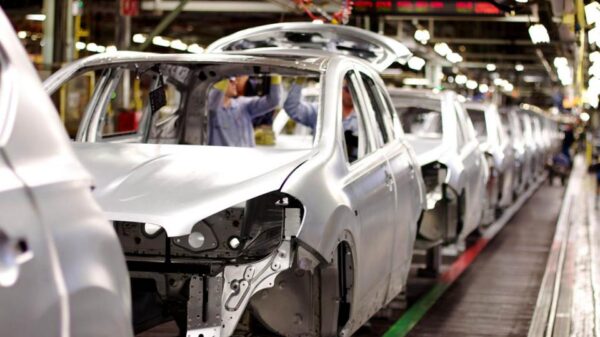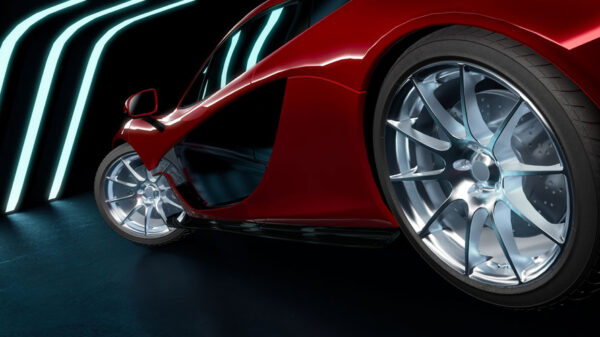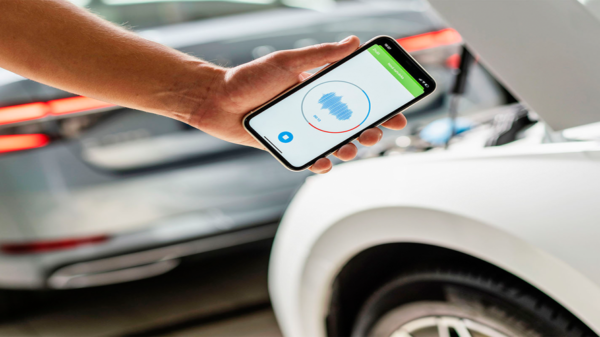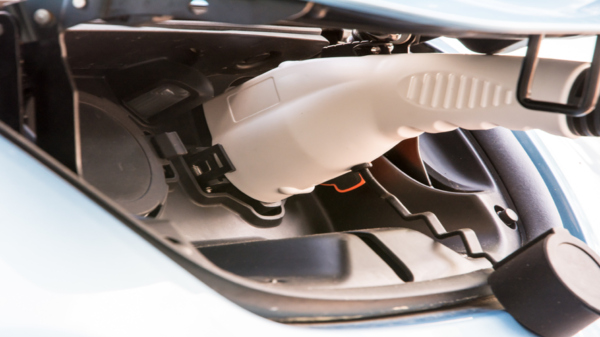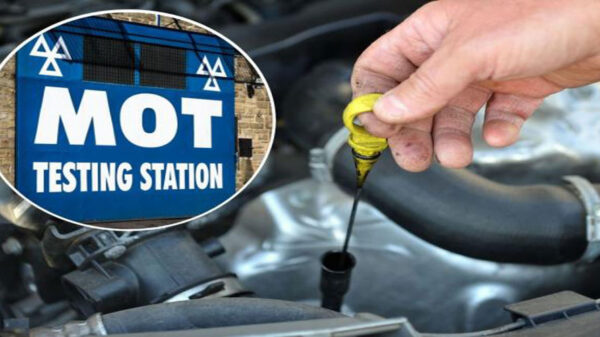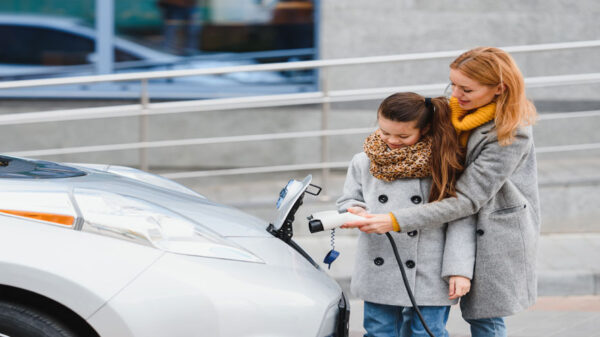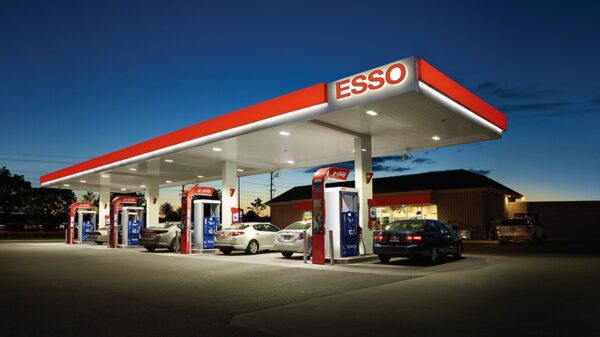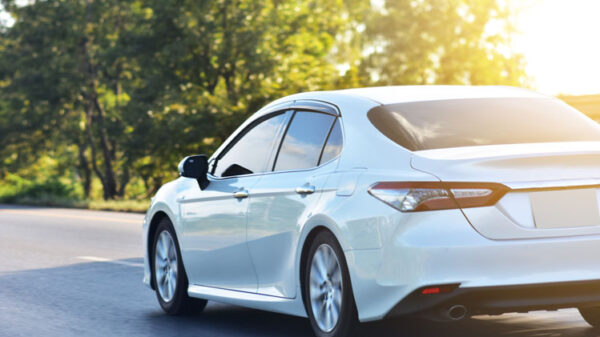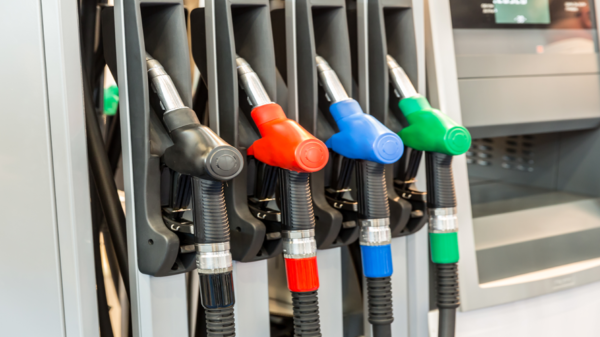Increase in Number of Drivers Considering Electric Cars.
Motors.co.uk are reporting that the number of drivers looking to buy an electric car when they swap vehicles has increased by nearly a third in the last year, according to a new survey.
Research from Kwik Fit shows that in 2020, eight percent said their next car would be an EV. However, when the nationwide vehicle garage asked the same question to motorists in 2021, this number jumped to 11 percent – a 32 percent increase.
The change is even more apparent when hybrid vehicles are included, with 33 percent in 2020 saying they were looking at low emission vehicles for their next car, but in 2021, this number had increased to 37 percent. It meant that more drivers were considering a petrol or diesel car, with 35 percent still looking at a conventionally-fuelled model when the time comes to change. The remaining 28 percent of motorists questioned were unsure as to what type of car they would choose.

Drivers Considering Electric Cars
The study of 2003 UK adults also showed regional differences, with 65 percent of drivers in London saying they would look at switching to a hybrid or electric car next time, compared to Scotland where this number was just 24 percent.
However, with a relatively small proportion only considering a full EV, Kwik Fit asked drivers what was putting them off from making the switch. A lack of rapid chargers was cited as the top reason for hesitancy (38 per cent), followed by the increased cost of an electrified car over a petrol or diesel (36 percent) and the inability to travel a long distance on a single charge (35 per cent).
Roger Griggs, communications director at Kwik Fit, said: “This research shows that over the last twelve months car buyers appear to have passed a tipping point in the switch to electric cars. However, although consideration of low emission models has overtaken that for petrol and diesel there is clearly still a lot to do to convince some drivers.
“Some barriers to consideration can be put down to misperception or a lack of up-to-date knowledge and the industry must work together to address those areas. But it is also vital that there is a visible investment made in the charging infrastructure to ensure that drivers have the confidence to make the switch.”



